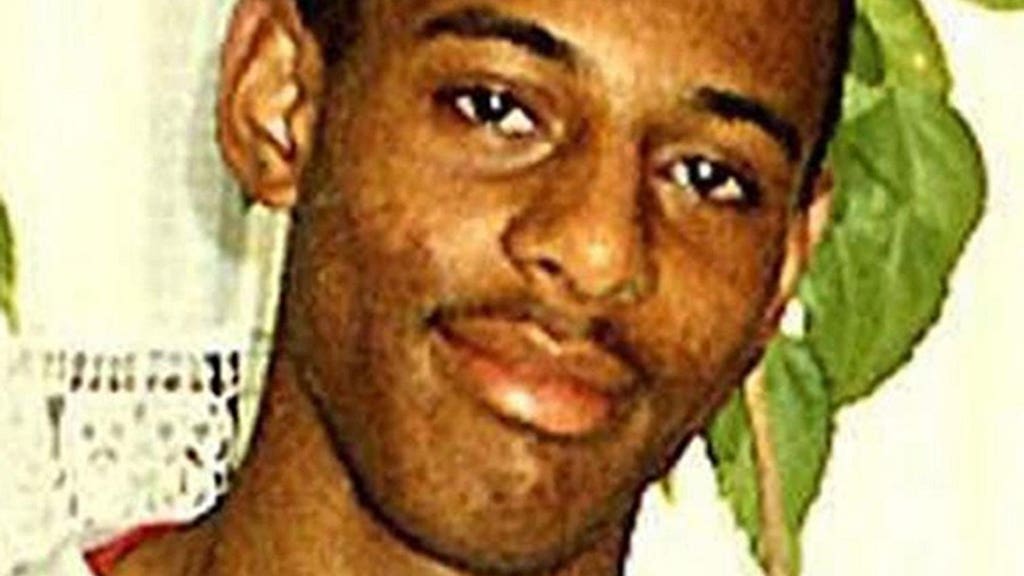‘Racism in policing remains an issue, 20 years after Macpherson Report,’ say MPs
Home Affairs Committee report warns racial disparities in policing remain ‘persistent and deep-rooted’

“Persistent, deep-rooted” racial inequalities persist in policing, 22 years on from the publication of the Macpherson report that followed the inquiry into the racist murder of Stephen Lawrence, MPs have warned.
The Home Affairs Committee is calling for urgent action to tackle racial disparities in law enforcement and a “worrying decline of confidence” in the police among some ethnic minority communities
Among its findings, the report found that adults from black and mixed ethnic backgrounds are less likely to have confidence in the police than adults from white or Asian backgrounds – and that this confidence gap has widened.
It also warned forces will not be representative of the communities they police for another 20 years if current recruitment patterns continue – nearly a quarter of a century after the Macpherson report first raised concern over the issue.
By 2020 Bame officers represented just 7 per cent of the police service across England and Wales, far below the 14 per cent of the population in England and Wales who identify as minority ethnic. Levels of under representation are most marked among senior ranks – only 4 per cent of officers at or above the rank of chief inspector are from minority backgrounds.
Publishing the report, the chair of the Home Affairs Committee, Yvette Cooper MP, said the current state of affairs is “unacceptable” and needs to be addressed.
“The Macpherson report into the racist murder of Stephen Lawrence and the terrible denial of justice to his family had a huge impact on policing and tackling racism when it was first published,” she said.
“But we have found that in too many areas progress has stalled and for too long there has been a lack of focus and accountability on race equality in policing. There are still persistent, deep rooted problems and unjustified racial disparities in key areas where Sir William Macpherson made recommendations over 20 years ago.
“Without clear action to tackle race inequality we fear that, in 10 years’ time, future committees will be hearing the very same arguments that have been rehearsed already for over 20 years. That cannot be allowed to happen.”
The use of stop and search is more disproportionate across police forces now than it was two decades ago, the report found, with no adequate explanation for the nature and scale of racial disparities, including on drug possession searches where in 2019 black people were 2.4 times more likely than white people to be searched, even though in the last year they were less likely to use drugs.
The committee makes several recommendations, among them that a new statutory race equality commissioner for policing, as well as a new race equality steering group to be chaired by the home secretary to respond to the commissioner’s reports.
MPs also called for new minimum targets to be set immediately for current recruitment so that all forces in England and Wales reflect the ethnic diversity of their local populations and a national target of at least 14 per cent by 2030.
Policing minister Kit Malthouse said the Macpherson report has "left an indelible mark" on policing, adding: "Good progress has been made since its publication.
"Our police are more diverse than ever before, forces have worked hard to improve community engagement and we have seen major improvements in the way the police deal with racist crimes.
"But we know there is much more to do – that is why attracting more officers from a wide range of ethnic and socio-economic backgrounds is a core ambition of our drive to recruit an extra 20,000 officers.
"Stop and search along with other preventative activity set out in the Beating Crime Plan is also vital to ensuring we create safer streets and neighbourhoods."
Responding to the committee’s report, Sam Grant, head of policy at human rights group Liberty, said: “Feeling safe in our communities and being treated equally is something we all want. Yet, as, the select committee’s report demonstrates, we are far from that ideal with current policy making in policing and criminal justice.
“The widely criticised government proposals put forward this week were the latest in a growing list of headline-grabbing policies, that do more harm than good. Politicians repeatedly prioritise posturing over the long-lasting systemic change that is so desperately needed and has been repeatedly called for, most recently in the Black Lives Matter protests.
“The government must stop ignoring evidence, listen to communities affected by discriminatory policing and work with them on solutions. Priorities should be investment in services such as health, education, housing and social welfare to develop strategies for keeping all of us safe.”
Jo Noakes, director at the College of Policing, said: “Today’s report is a challenging and comprehensive summary of the evidence that requires effective action. While we know policing has undergone significant changes and improvements in the last 22 years, there is still more to be done including continuing to build confidence in the police, especially among black and minority ethnic communities.
“Every day, officers and staff across the country are tirelessly working to strengthen the relationship between the police and the public and it is only by working with the communities we serve that we can continue to build trust and help keep people safe.
“The report’s urgency is clear and we will continue working with our colleagues at the National Police Chiefs’ Council to ensure the service is demonstrably anti-racist and continues tackling discrimination and racial inequalities where they exist.”
Subscribe to Independent Premium to bookmark this article
Want to bookmark your favourite articles and stories to read or reference later? Start your Independent Premium subscription today.
Join our commenting forum
Join thought-provoking conversations, follow other Independent readers and see their replies